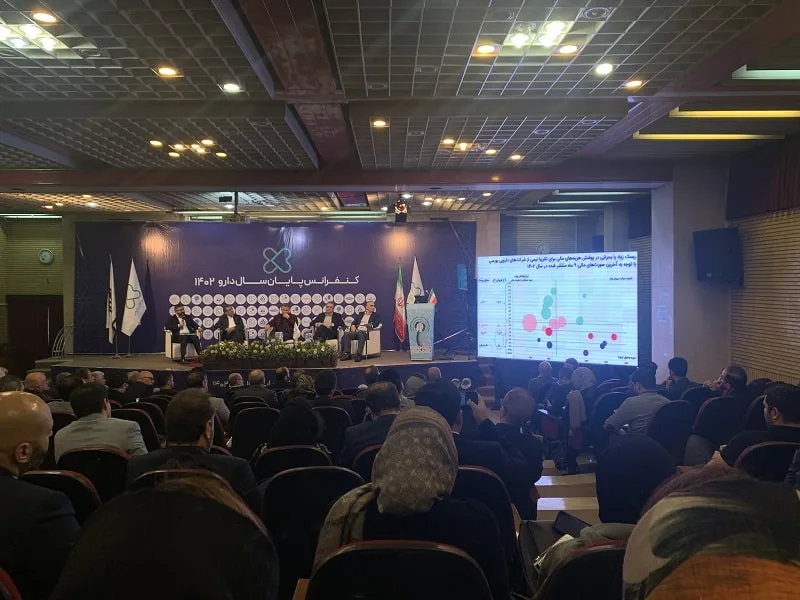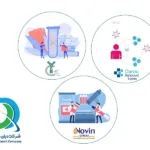Importance of addressing structural and macro issues in the country’s pharmaceutical governance system. The second annual pharmaceutical conference at the end of the year covered topics such as structural issues in the pharmaceutical system, scenarios for governance, and various approaches in pharmaceutical management and economics.
During the conference, influential figures in the pharmaceutical field discussed investment considerations and challenges, focusing on governance and critique. The panel highlighted issues such as the decline in profitability of pharmaceutical companies listed on the stock exchange, pricing imbalances, the potential transformation of the Food and Drug Administration into an extraterritorial institution, a decreasing trend in inventory levels with a forward-looking perspective due to companies’ inability to provide the required working capital, and increased strategic inventory shortage risks.
The overall conclusion of the first panel was that the pharmaceutical industry should be able to predict how price adjustments will be influenced by the two main factors: inflation and exchange rate changes, and when price changes will be announced each year.
Following this panel, economic presentations were delivered by Ali Sarzaeim and Sadeq Al-Hosseini. They focused on innovative financial tools based on predicting the economic situation in 2024 and examined the effective drivers in the country’s economic development.
The second panel hosted discussions by Dr. Sorena Setareh, Dr. Rasoul Dinarvand, Dr. Mohammad Peykanpour, and Rouhollah Hamidi Moqhaddam. The discussions in this panel focused on governance in the pharmaceutical industry, challenges, and issues facing this sector in the country. The key question addressed was, “Why does the country’s pharmaceutical system, despite its importance and strategic significance, face seemingly endless dilemmas and challenges?”
Overall, this year’s conference was heavily influenced by the liquidity crisis, considered the most significant challenge in the pharmaceutical ecosystem of the country. Speakers expressed their concerns and anxieties regarding this issue in various ways. The presentation of new proposals for financial supply and overcoming the financial crisis was a significant part of this conference.
Perhaps one of the most important messages from the end-of-year conference in 2023 was that both industry professionals and policymakers have come to a common understanding that the pharmaceutical sector needs fundamental treatment. The solution lies not in temporary and palliative measures or throwing problems into the air like balloons, but rather in convergence to address structural and fundamental issues, unraveling the knots of pharmaceutical woes.







